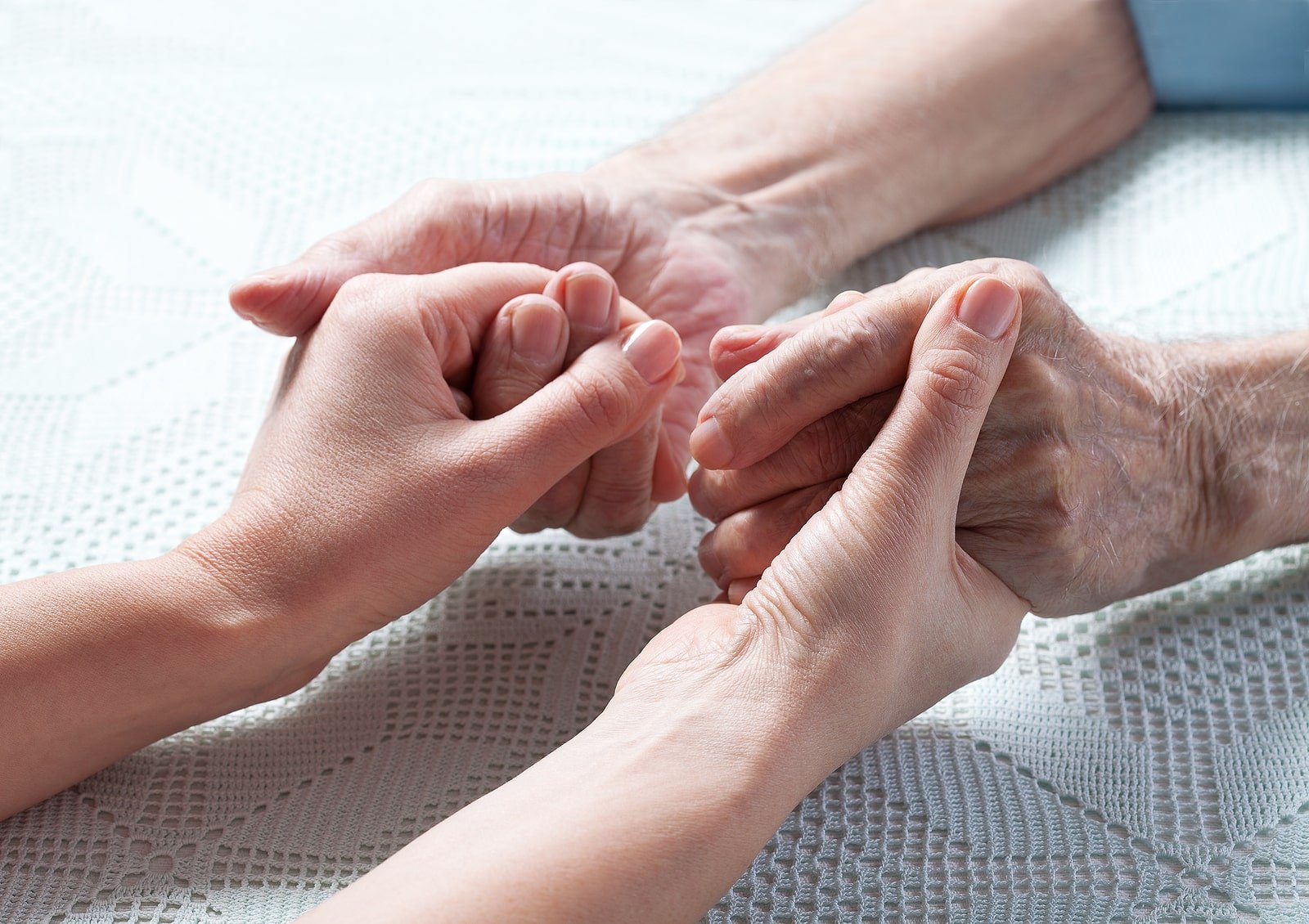What Is A Home Care Escalation Plan And When Is It Needed?

The goal of any home care services plan is that people can feel comfortable in their home and have all of their needs catered for whilst maintaining their independence.
This is the primary objective of care needs meetings during a complex discharge; being admitted to hospital is intended to be a short-term arrangement until any in-hospital treatment is completed and they are considered to be safe to return home or to residential care.
The entire transfer process needs to be carefully managed and the care package needs to be sufficient to meet a person’s needs because the goal of any care package is to avoid a return to hospital.
This also involves ensuring that there is scope for escalation where necessary, but what is an escalation plan and when might it be needed?
What Is An Escalation Of Care?
Care plans are designed under the expectation that people’s care needs will change over time, and there is a level of adaptation of care needs to take into account improvements that can happen thanks to an effective set of care services and accommodations.
However, there are instances where a care worker determines through observation, test results or by being told by the person at the centre of care that they are feeling like they are getting worse.
This is broadly known as deterioration, and often requires an escalation of care in order to ensure that their needs are still being met.
As much as it is possible to predict and plan in advance will be written in an escalation plan, which can range from advance care planning to decisions regarding emergency treatment in the event of an emergency.
When Is Escalation Used In Home Care?
Escalation is most commonly seen in residential care settings, as most cases of acute, sudden deterioration happen with people with particularly complex needs. However, it can happen in home care settings and they are important to have and revise as much as possible.
In this context, escalation is when there are extra needs that care services need to cater for, and usually comes as the result of an assessment to ensure that their care package is still effective and appropriate for them.
Many care packages are flexible by design to take into account the fact that care needs will change. Sometimes they will reduce and sometimes they will escalate. With some conditions this may be a constant process and requires a tailored care package to match.
What Might Escalation Entail?
Escalation often takes the form of adding additional services, care hours, adaptations and how much help is required to ensure a person’s everyday needs are met.
For example, someone who needs an escalation might require additional care hours during the night to ensure that they have the support they need.
It could also involve the incorporation of specialist services such as nursing care or physiotherapy, as well as adjustments to daily activities to maximise a person’s quality of life.
It can also mean exploring potential moves into residential care or assisted housing as a person’s needs evolve.